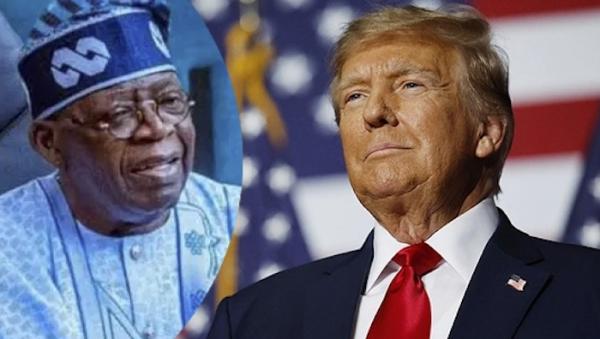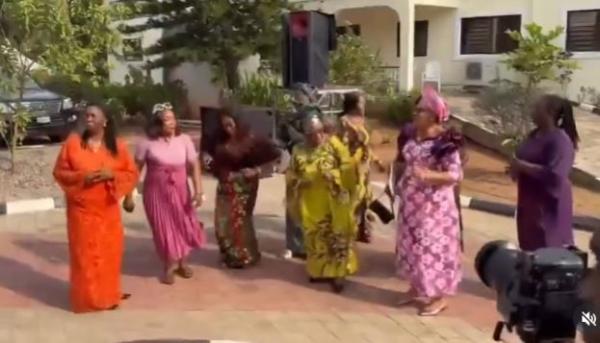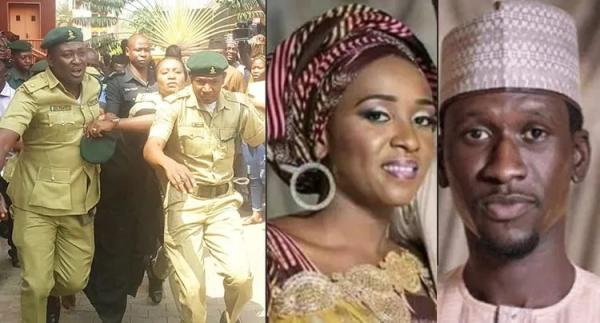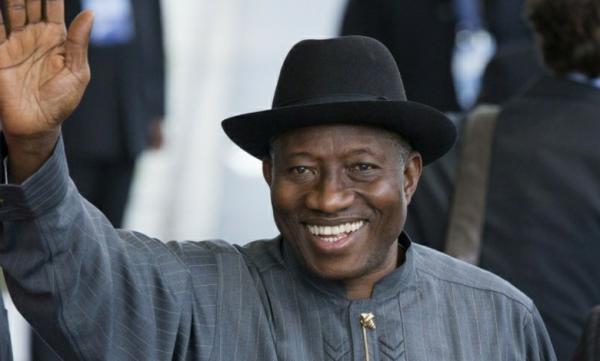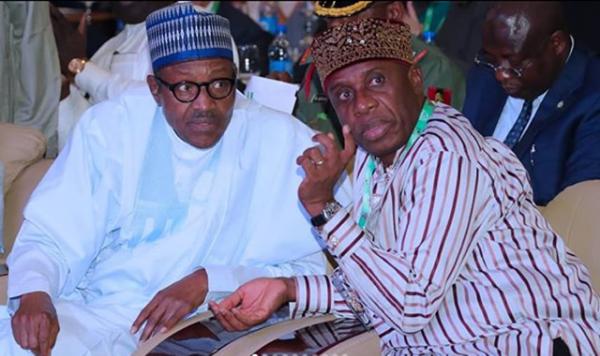
Major General Muhammadu Buhari (rtd) victory at the March 28 presidential poll has added a novel chapter to the study individual’s dogged determination an unyielding strength of character.
Like the American noble prize winner novelist Ernest Hemingway, wrote in his novel The old man and the sea A man may be down but not out, he may be defeated but not destroyed. Indeed,Buhari has exhibited a rare spirit of perseverance and resilence typical of long distance political runners.Between 2003 when he forayed into partisan politics, Buhari had been down three times.On each occasion,he had risen with a stronger resolve and an abiding will power never to give up. He had lost three presidential contests consecutively in 2003-2011.
Repeated defeats
Like former American president Abraham Lincoln and immediate past Senegalese president Abdoulaye Wade. Buhari’s consistency despite repeated defeats has paid off. While Lincoln, a lawyer lost 5 nomination bids into the congress before he was later elected as American president in 1864,Wade, also a lawyer was white-washed four times in a roll before he was elected senegal president in 2000 at the age of 74.
Although not a lawyer, Buhari believes in the principle of the rule of law, rather than the unconventional approach, he had challenged the victory of his opponents to the supreme court and accepted the verdicts, in favour of former president Olusegun Obasanjo (2003), late President Umoru Musa Yar’Adua (2007) and president Good Luck Jonathan (2011).
In chronicling contemporary political history,Lincoln example is somewhat far removed,but Wade’s is more familiar as senegal is geographically situated within westAfrican sub-region as Nigeria.
In the build up to the March 28 presidential election, Buhari’s age was a major campaign issue especially in the camp of his opponent,People’s Democratic Party PDP. The arrow head of what observers regarded as hate campaign taken beyond acceptable limits was Ekiti state governor Ayo Fayose,who insisted that at 73 Buhari is too old to rule Nigeria. He even made some fatal predictions on the fate that may likely befall Buhari citing precedents of previous leaders from the same North-west zone.But the question is what as age got to do with it considering wade’s example.
Both african leaders share some things in common. The duo are six-footers with firm physique and they are of islamic faith. After four unsuccessful attempts, Abdoulaye Wade was first elected as president in 2000 – ushering in much-needed political change.
On his part,Buhari has clinched the Nigerian presidency at the fourth attempt 30 years after he was overthrown as a military head of state in a putsch. The president-elect has also come with a message of change especially at a time when the country is experiencing economic misfortune.
Apart of his legal profession Wade, who is also an economist, had been the main opposition leader for almost 30 years, fighting against the one-party system in place since the country’s independence from France. Senegal’s independence-era leader and poet Leopold Sedar Senghor nicknamed him “The Hare”, an animal known in traditional Senegalese folklore for its cunning.
Buhari has also been an opposition figure since he had the first shot at the presidency 12 years ago. According to official records, Wade was born in 1926 in Kebemer, about 150km (95 miles) north of the capital, Dakar. But some say his real birth date was several years earlier.
In the case of Buhari,Governor Fayose had insisted in the heat of his smear campaign that Buhari’s actual age is more than the official 73.Arrested and jailed several times.One of Wade’s campaign promises was a huge plan to develop Senegal.
After completing secondary school in Senegal, he was awarded a scholarship to study in France, where he met his wife. After returning home, Wade created the Senegalese Democratic Party (PDS).
Coalition to challenge
The PDS joined forces with several other opposition parties to form a coalition to challenge the ruling Socialist Party (PS).Defending democracy and a free-market economy, the coalition was named “Sopi”, a word meaning change in Wolof, the country’s most widely spoken language. Considered a shrewd politician and very good speaker.
In February 2000, the Sopi coalition finally prevailed.For the first time in Nigeria,it was the coalition of opposition political parties(ACN,CPC,ANPP and a faction of APGA)that formed the All Progressive Congress APC which routed the ruling PDP with a marging of over 2.5million votes in the presidential poll.
Wade was elected president with about 60% of the votes and the crucial support of another opposition leader, Mustapha Niasse – who had come third in the election and was rewarded with the post of prime minister.The president affectionately known by his supporters as “Gorgui” or old man embarked on a wide ranging modernisation programme – building schools, health facilities, improving access to drinking water and launching an ambitious agricultural programme.
He also diversified Senegal’s financial partners, moving away from a dependency on France and striking agreements with countries such as China and Dubai.But what Wade’s supporters praise as his vision and statesmanship, his critics see as a tendency towards megalomania or autocracy. He was also one of the prime movers behind the New Economic Partnership for Africa (Nepad) – a vision of transforming Africa which resulted in endless speeches and meetings around the continent but little else.
Corruption and nepotism at the top are cited among the most serious problems in Senegal. Popularly called Sei Baba (Hail Father )by his timid supporters across the country,a lot is expected from Buhari who has said he could not change the past but that he could change the future.
The greatest challenge he has to overcome as he assumes office on may 29 is insecurity.He has also promised to fight corruption and change the fortune of the country, which is currently at a low ebb.












